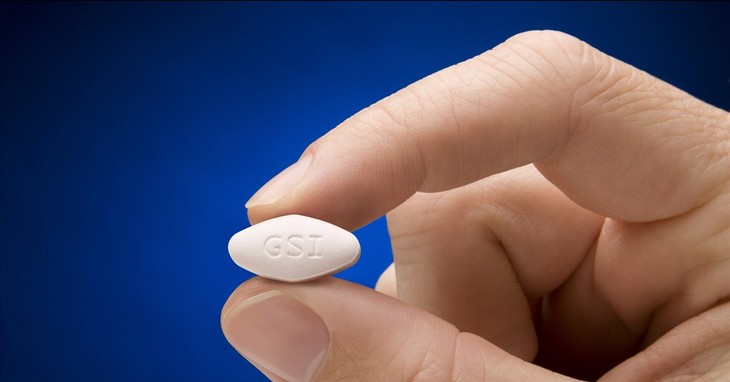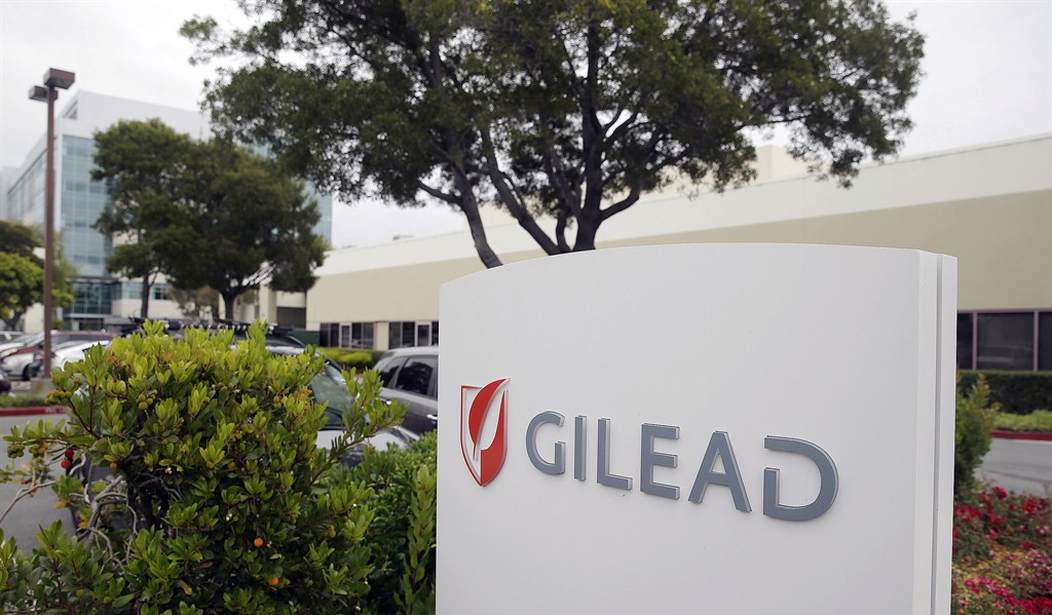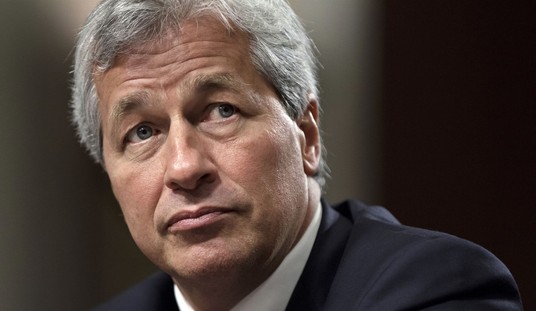One pharmaceutical company that has long opposed efforts to bring down prices (including those championed by President Trump) moved to sharply curtail the amount of discount drugs it sells just days after receiving bad results in relation to a breast cancer drug and investment giant Barclays making a consequent move deeming the stock overvalued.
Gilead Sciences is one of the foremost opponents of drug pricing reforms. It routinely funds efforts to get rid of a federal drug discount program, and has also been accused of exerting outsized influence on national pharmaceutical pricing policy through the company’s former lobbyist, Joe Grogan.
After working for Gilead, Grogan served for years as the director of health programs at the White House’s Office of Management and Budget and director of the president’s Domestic Policy Council. In those roles, he was responsible for implementing President Trump’s drug pricing policies outlined on the 2016 campaign trail and once in office— which included things like prescription drug re-importation, Medicare drug price negotiation, and more.
However, Grogan was tagged for “upending” Trump’s drug pricing agenda.
Grogan left the White House long before Trump did, but Gilead has continued to exert major influence in Washington, D.C., employing three of the ten highest-revenue-grossing lobbying firms in D.C. in 2021 (Akin Gump, BGR and Forbes Tate), bankrolling PhRMA— the huge pharmaceutical industry trade group that has done battle with figures like Sen. Chuck Grassley over drug pricing— and working to kill the 340B drug discount program.

Coincidentally, that is the exact same program that requires Gilead to sell some of its product at a discount to safety-net providers, which are disproportionately located in poorer, rural (i.e., Republican parts of the country) in exchange for getting access to entitlement monies. And in a new move, Gilead is massively restricting those sales while it continues to make just as much if not more than ever thanks to entitlement spending on drugs— and as inflation hits drug prices along with everything else in Joe Biden’s economy.
Purportedly, Gilead will continue sales as normal if the safety-net entities just hand over a bunch of patient claims data. But setting aside that this looks like a ruse by the company knowing that health care providers need to focus staff time on providing health care, not compiling and sharing Excel spreadsheets, it also may be straight up unlawful. As everyone who has interacted with doctors or hospitals in the last few decades knows, there is precious little data they can hand over to anyone thanks to the HIPAA federal privacy law.
In fact, HIPAA prevents some doctors from even emailing with their patients, meaning it should be pretty obvious that Gilead cannot get what it wants here— though of course what it really wants is fewer discounts on fewer drugs. In this case, it looks like Hepatitis C drugs will be affected in particular, though Gilead has previously taken heat for trying to stop or limit discounts on HIV-related medication which retails at $1,843.86 for a 30-day supply, and which remains very needed in opioid addiction-ravaged America.
Critics of Gilead’s move say that what it is doing here has been opposed by both the Trump and Biden administration, and point to two federal court rulings saying this type of restriction is unlawful. They also say the policy change comes right after a financial year in which Gilead reported $27 billion in revenue. But of course, it also comes after a disappointing result for that cancer drug, and after its stock was deemed “overpriced” by a major investment bank. What better way to make the stock price look more “on target” than to reduce discounted sales?
One question might be whether Joe Biden is going to do anything about this. His administration has mostly sought to “combat” inflation by pushing a bunch of antitrust investigations and bills that would allow yet more of them, and then deflecting from real concerns about inflation by blaming Russia, or “price-gouging” oil companies. When he was elected, Grassley, Sen. Mitt Romney, and others made clear to Biden that they wanted to work with him on drug pricing, but so far, the only real actions Biden has taken to keep drug prices down have been to offer free COVID vaccines and keep pursuing the now-failed “Build Back Better” bill that cannot pass the Senate because Joe Manchin opposes it (though likely not the pharmaceutical provisions).
This is not, needless to say, delivering up a solution for anyone, and the more that people get hit with price hikes— whether it is on gas, medication, meat, or milk prices— the more Biden flailing will be obvious.
However, in this case, it is worth noting that it is a major drug company, Giliead, really testing the bounds of what is lawful that will directly lead to reduced discounts which will mean higher-priced drugs for some patients, and also a hard time for some health care providers in rural America keeping their doors open as they often use sales of discounted drugs to fund critical day-to-day operations.













Join the conversation as a VIP Member